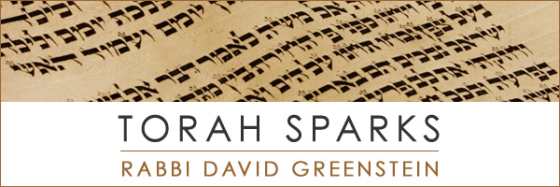Parashat Balaq 2010
Parashat Balaq (5770 – 2010)
Numbers 22:2 – 25:9
The king of Moav, Balaq, decides to hire the prophet Bilam to curse the people of Israel. Despite warnings from God, Bilam agrees to the commission. However, every time he opens his mouth to curse Israel he blesses them instead.
While there are many obscure and provocative sayings and images in Bilaam’s pronouncements that require deeper study, on the simple level our Torah portion is a very entertaining and satisfying story. Indeed, it even includes a humorous episode of a talking donkey. Thus, Bilaam gets his comeuppance in two ways – his attempt to curse Israel is thwarted and he himself is made a fool by a donkey.
Still, even on this simple level, there is something special that we need to ponder. When God calls Abram to begin the saga of the Jewish people God promises to bless those who will bless Abram and his descendants, and to curse those who curse them. (Gen. 12:3) Clearly, the implication is that there may be cases in which someone might curse Israel. Nevertheless, God will punish them by cursing them. Yet Bilaam’s story is very different. Instead of letting Bilam curse Israel and then be punished, God not only prevents Bilam from cursing the people, but even turns Bilam into a channel of blessing! This makes Bilam’s story extraordinary. Why did God act in this way?
One possible answer is that God has, indeed, punished Balaq and Bilam for trying to curse Israel, as promised to Abram, for we see, even in our own times, that the enemies of Israel are absolutely incapable of ever saying a good word about Israel. It positively pains them that there may be any good to be said about her. In that light, the greatest punishment Balaq and Bilam could have suffered would be to hear blessings flow from his own lips upon this people whom they wished so dearly to curse.
Shabbat Shalom
Rabbi David Greenstein
![]()
Subscribe to Rabbi Greenstein’s weekly d’var Torah

